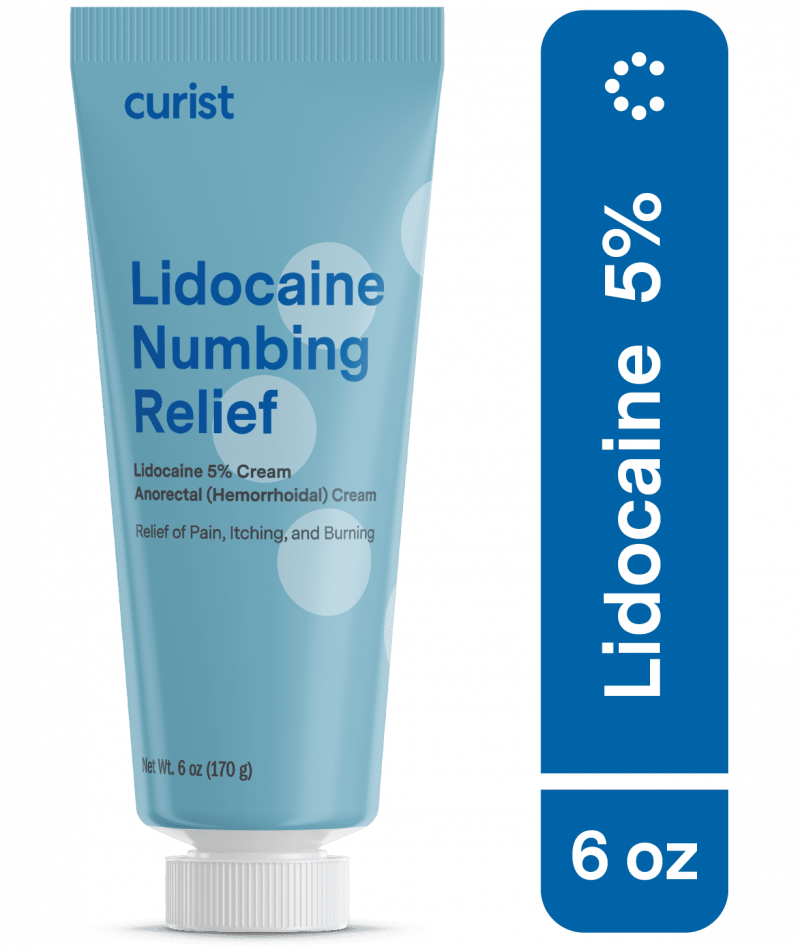In the world of medicine, lidocaine ointment is a valuable tool used to relieve pain and discomfort associated with various conditions. As a local anesthetic and anti-arrhythmic agent, lidocaine has been a staple in medical practice for decades. This blog aims to explore the uses, benefits, and considerations surrounding the application of lidocaine ointment.
What is Lidocaine Ointment?
Lidocaine ointment is a topical formulation of the local anesthetic lidocaine, also known as lignocaine, in a semi-solid base. It is primarily used to provide temporary numbing and pain relief on the skin or mucous membranes. Lidocaine acts by blocking nerve signals in the affected area, preventing pain sensations from reaching the brain.
Uses of Lidocaine Ointment
- Pain Management: Lidocaine ointment is widely used to alleviate pain caused by various conditions, including minor burns, cuts, scrapes, insect bites, and skin irritations. It provides a localized numbing effect, offering immediate relief to the affected area.
- Dermatological Conditions: Physicians often prescribe lidocaine ointment for managing skin-related disorders, such as eczema, psoriasis, and herpes simplex. The ointment helps in reducing itchiness and discomfort associated with these conditions.
- Hemorrhoid Relief: Lidocaine ointment is an effective option for individuals suffering from hemorrhoids. When applied to the affected area, it eases pain and reduces inflammation.
- Preventive Measures: Some medical procedures, such as vaccinations and blood draws, can cause mild pain and discomfort. The application of lidocaine ointment before these procedures can help alleviate the discomfort and reduce the fear associated with injections.
- Sunburn Relief: Lidocaine ointment can provide soothing relief to sunburnt skin, reducing pain and promoting healing.
Benefits of Lidocaine Ointment
- Non-Invasive Pain Relief: Lidocaine ointment provides pain relief without the need for injections or invasive procedures. This makes it a preferred option for individuals who may be uncomfortable with needles.
- Fast-Acting: The numbing effect of lidocaine ointment sets in relatively quickly after application, offering rapid pain relief.
- Easy Application: The ointment is easy to apply, and it can be used on various body parts, making it a versatile pain-relieving option.
- Over-the-Counter Availability: In some regions, certain formulations of lidocaine ointment are available over the counter, making it accessible to individuals without a prescription.
- Combination Formulations: Lidocaine is often combined with other active ingredients in certain ointments or creams to provide a multifaceted approach to pain relief.
Considerations and Precautions
- Allergic Reactions: Individuals with known allergies to local anesthetics should avoid using lidocaine ointment. Signs of an allergic reaction may include itching, rash, swelling, and difficulty breathing.
- Avoiding Open Wounds: Lidocaine ointment is meant for intact skin and should not be applied to open wounds or broken skin. Doing so may lead to adverse effects and absorption of lidocaine into the bloodstream.
- Dosage and Application: It is essential to follow the recommended dosage and application instructions provided by healthcare professionals to prevent potential side effects.
- Interaction with Other Medications: Inform your healthcare provider about any medications you are taking, as some drugs may interact with lidocaine, leading to undesired effects.
- Pregnancy and Lactation: Pregnant or breastfeeding individuals should consult their healthcare provider before using lidocaine ointment to ensure its safety for use during these periods.
Possible Side Effects
Most people tolerate lidocaine ointment well, but some may experience mild side effects, including:
- Skin irritation or redness at the application site
- Numbness or tingling around the area of application
- Dryness or itching
- Allergic reactions (rare but possible)
Conclusion
Lidocaine ointment is a valuable tool for managing pain and discomfort in various medical conditions. Its versatility, ease of application, and fast-acting nature make it a popular choice among healthcare professionals and patients alike. However, it is crucial to use lidocaine ointment responsibly, following the advice and instructions of healthcare providers to ensure safe and effective pain relief. If you are considering using lidocaine ointment for a specific condition, consult your healthcare professional to determine the best course of action tailored to your needs.
